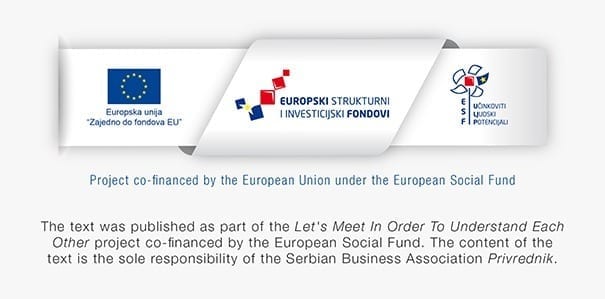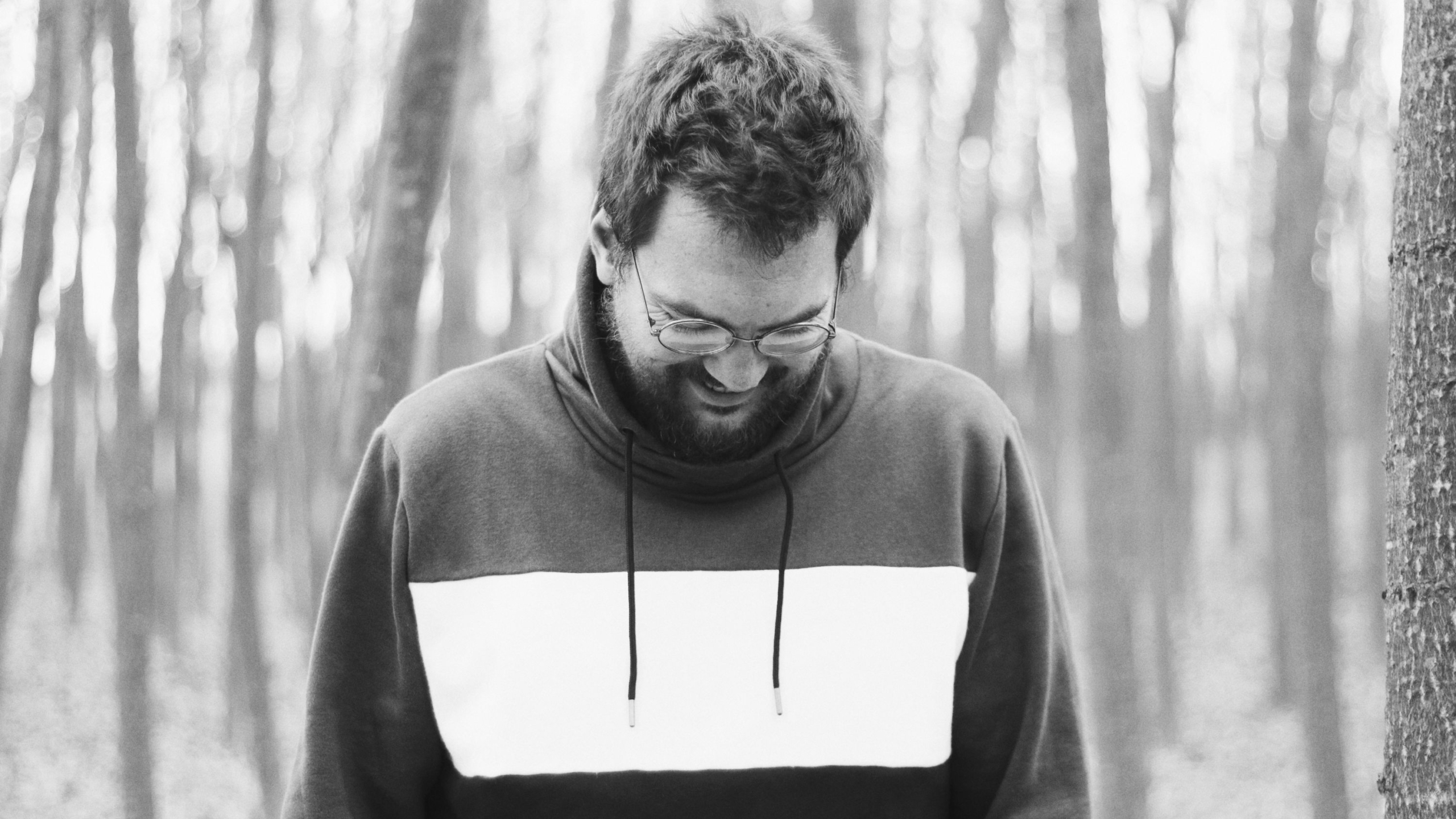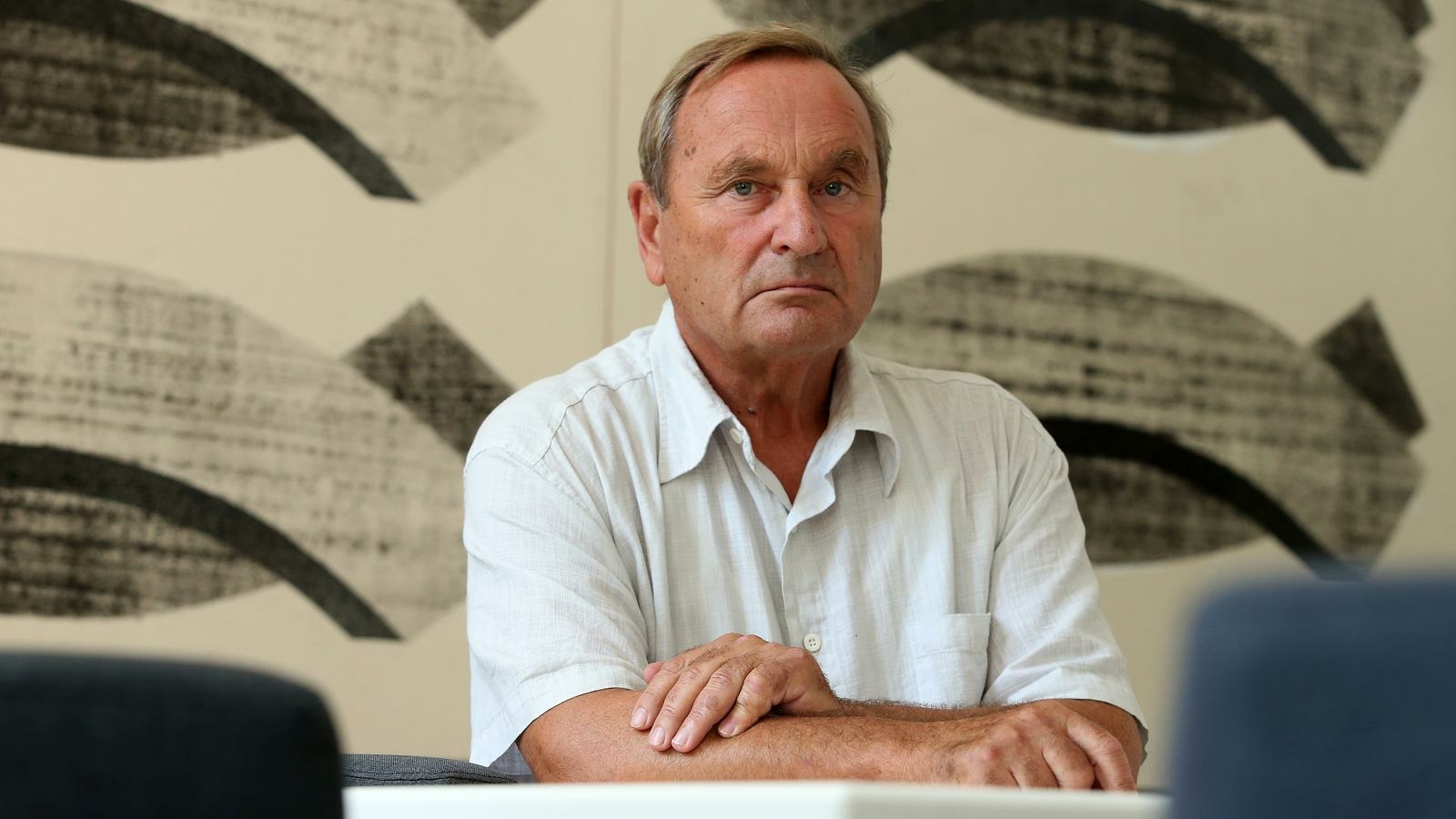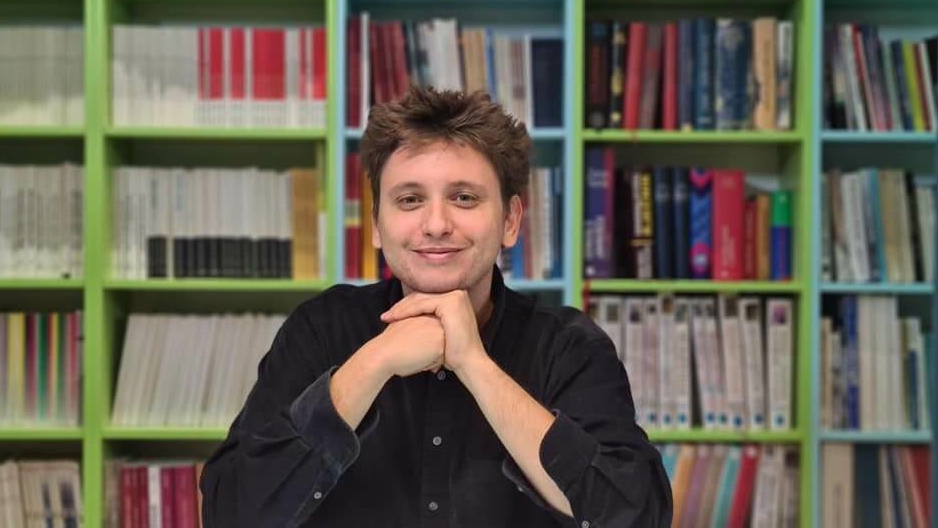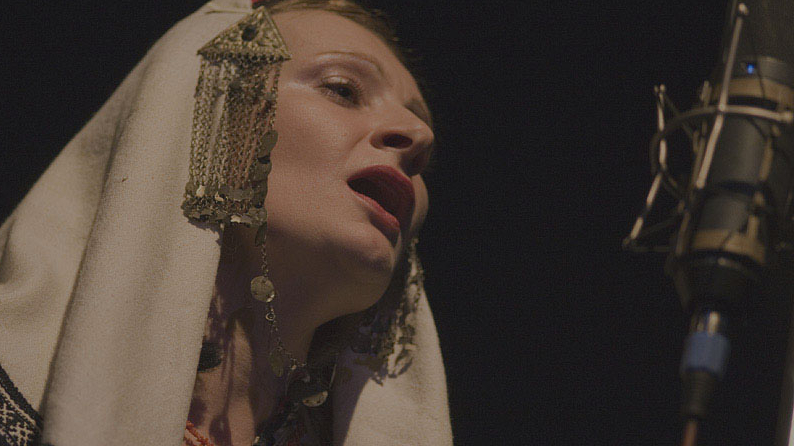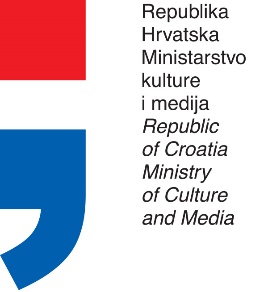Perhaps it would be most accurate to say that Stefan Mitić (Stefan TićMi) writes “for children and the sensitive”, if we had to classify and put his writing in a certain “drawer”. But the beauty of his expression lies, among other things, in the fact that he persistently resists known methods of classification. It flows very easily from one language to another, from language to image (mural, illustration), from image to moving image (animated film), to theatre play… His collection of poems “U’vatile me lutke” (Arte, 2015) is the first such collection that has been translated into sign language and adapted for the hearing impaired. The novel “Ja sam Akiko” (eng. I am Akiko) (Laguna, 2018) was awarded the “Children’s Book of the Year” plaque at the International Fair “The Book Square” in Herceg Novi, and the “Politkin zabavnik” award for the best children’s book intended for young people in 2018. In addition, the book was among the 200 best children’s books in the world according to the selection of the White Raven magazine of the International Youth Library in Munich. Based on the book and directed by Milja Mazarak, the monodrama “Ja sam Akiko” was staged, starring Sofija Mijatović. New adaptations are being prepared, both for theatre and animated film. In addition to numerous awards from the professional public, Stefan is also one of the most read young authors in Serbia.
“It’s hard to classify it: neither for children nor adults, neither a fairy tale nor reality, neither a novel nor a collection of stories, but it includes all of the above. There are fairy tale motifs, but it is not a fairy tale at all. It’s just a fairy tale way of storytelling. Maybe even poetical. But it’s also the way of storytelling in which one must learn to read between the lines.” This is how Dr. Zoran Antić, a psychoanalytic psychotherapist, describes Stefan’s novel “Kaput od mahovine” (Laguna, 2020), and the description can easily be applied to Stefan’s other books as well, where things between the lines are the most beautiful part of a reader’s journey through the world of his heroes.
Stefan TićMi graduated from the Faculty of Sports and Physical Culture. He often likes to say that he finished a faculty in the area of sports in order to learn how to swim, so that he could swim in literary waters. He writes poetic prose, poetry; he writes for theatre, television, narration for video games, personalized crossword puzzles…
You have entered literary waters and you are swimming very successfully. Are you satisfied, is that what you wanted?
Perhaps it is more correct to say that I wished for it. I did. Wishful thinking, sounds like you’re tickling the future… I’m trying to make a living out of writing. Playing as a profession. That choice has its good and bad sides, of course. I’ve decided to develop daily what was granted to me in a way, to dedicate myself to the maximum. I try to make a living out of writing. Fortunately, it seems as if imagination is the only thing that’s not affected by inflation. I am currently occupied with the phenomenon of remorse, metaphysical guilt, that topic is very interesting to me. And besides, we have been working on a wonderful children’s project for months, and we believe that it will mean a lot to parents as well.
You’ve become famous, a bestselling author. How have the people around you changed since your status in the world of literature changed?
Life serves to recognize, try and find our tribe, as Bob Živković says, and I am proud of mine. From close people I’ve been friends with since kindergarten to people I work with. Maybe I still haven’t realized the fact that I am a part of someone’s upbringing, in the most beautiful possible way: through a book. At school, before bedtime or by the beach. And “fame” is not starlet-like or the kind that actors or athletes have, it is moderate, unburdening, and quickly evaporating. On the other hand, I wouldn’t want to appear falsely modest, because in that modesty, as Sabato says, vanity and arrogance lie. Well, I often go over this and that in my head. It’s a strange inner game. Human beings are peculiar with all those contradictions that they carry inside themselves.
In your books, both prose and poetry, a child’s view of the world and a pronounced visual element stand out. Do you think that this perspective is neglected by modern man?
Modern man is constantly angry, he is unable to be harmless, he just babbles and rants. In addition to the ubiquitous fear of death or the latent fear of loneliness, it seems to me that he is most afraid of the possibility of appearing ridiculous. And being ridiculous is sometimes healing. I’m sorry this world isn’t more empathetic. Modern man is peeking into the neighbour’s yard with one eye, and with the other he is only looking out for himself. With one hand he’s holding onto the mould, and with the other he’s buying the basic living necessities. He is torn between desire and possibility. Constantly searching for the meaning of life. A meaning that keeps slipping away, by a hair’s breadth. And so ad infinitum, until doomsday. To preserve a child’s view of the world, to save the child in you, Save As, in this world, means to preserve the desire to do something with honesty; in a way, it means not to live, but to improvise everyday life.
Eight years ago, in the neighbourhood of Ančiki, together with your friends, you made a small free library with over 5,000 books from a dilapidated house. What is happening with that library today?
Nobody knows what deteriorates faster in a neighbourhood – the livers of drunkards in front of the store or the library fund. A dead heat. But both can be regenerated, right? That’s comforting. All in all, the library closes its circle – it returns to its original state: to weeds and cobwebs, unfortunately. Until some other gardening scissors, ideas, flashes appear. Until some other enthusiasts turn up. If they turn up, and I believe they will. It started spontaneously and over time developed into something beautiful and engaging. Now it’s dormant and that’s okay.
In this way, but also through your other activities in the local community, social activism, you showed local patriotism in the best possible way. You went further. Have you managed to change some people’s stereotypical image of a small town like Leskovac?
Have I? I really don’t know.
There are people who listen to Slavica Ćukteraš and read Kierkegaard.
One of those people is me.
What did you learn from numerous literary evenings and meetings with the audience? What did you learn from the children? What were their reactions to Akiko, apart from the fact that they were happy to have met a “living writer”?
The last meeting was in Novi Sad, Zmaj Children Games. My dear professor Nera whispered to me: “Stefan, I have a special surprise for you.” It was special because it involved several rascals who liked to take part in various shenanigans. However, in the end they were very pleased to meet a “living writer” and the meeting went well. Just like the forum where Raša Andrić and Jasminka Petrović talked about the wonderful movie “Leto kada sam naučila da letim“ (eng. The Summer I Learned to Fly). Raša then mentioned a cactus that annoyed him the whole time during the filming… And a little later, at a joint lunch, “poetic herbs” were handed out and an analogy immediately came to me: how nice it would be if someone gave Raša a cactus. To close the circle. I love closing of circles both in literature and in life…
The character of Akiko inspired the street artist Andrej Josifovski Pijanista to paint a mural covering almost 400 square meters on a building in Belgrade. Is that your Akiko or some other?
Some other. It’s always some other. Literary characters shed their skins faster than snakes and change their tempers more subtly than wolves. On the theatre boards, canvas or in the reader’s head – it doesn’t matter. And that’s what it’s all about. That transformation. When you’re walking along Dunavska street, be sure to wave at Akiko, she is only 20 meters high.
Akiko inspires other artists and lives through comics, animated films, and especially through theatre. Your other books easily transition into different forms as well. Why do you think that is?
It’s like a team sport, only in art. It is individual only while you are writing or typing. I am glad that my stories inspire people.
You once said that literature is a kind of “cracker for reality”, and what comes out of it, that fruit should be a kind of study of how human we are. What happens when reality is hard and painful? How does it shape the fruit?
When reality is difficult and painful – a river, for example. You sit on the shore and watch it for a long, long time. When reality becomes even more painful –psychotherapy, then literature, conversations with friends. Or solitude. There is a wonderful, sobering part in the book “The Denial of Death” by Ernest Becker:
The man with the clear head is the man who frees himself from those fantastic “ideas” and looks life in the face, realizes that everything in it is problematic, and feels himself lost. And this is the simple truth—that to live is to feel oneself lost — he who accepts it has already begun to find himself. These are the only genuine ideas: the ideas of the shipwrecked. All the rest is rhetoric, posturing, farce. He who does not really feel himself lost, is without remission; that is to say, he never finds himself, never comes up against his own reality.
Your Akiko does not like boundaries. We are addressing you from the other side of a state border. Akiko arrived here. How do you see these borders? And when can we expect to see you again in Zagreb?
I’ll come to Zagreb as soon as possible to eat crackling biscuits and hang out in Serbian Business Association “Privrednik”, in the fall… If that’s okay with you. Borders are fiction.
Translation from Croatian: Ivana Bojkić
